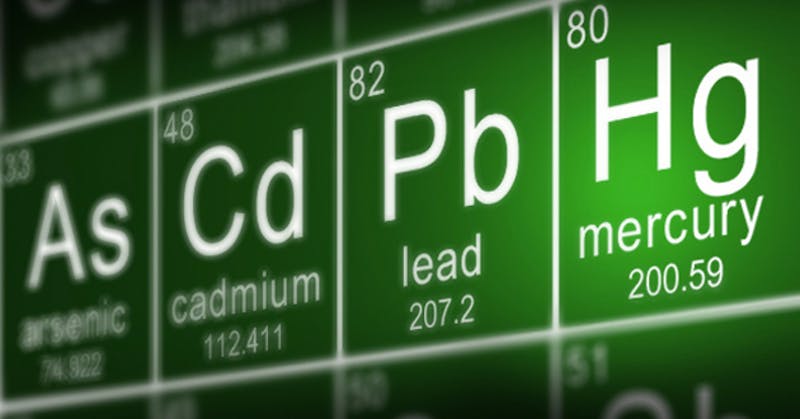EN 14084 Arsenic Profiling in Rice-Based Products
The European standard EN 14084 provides a method to determine the total arsenic content and its speciation (i.e., forms) in rice-based products. This service is crucial for quality managers, compliance officers, R&D engineers, and procurement teams who must ensure that their products are safe and meet regulatory requirements.
The testing focuses on two key species of arsenic: arsenic(III), or arsenite (As(III)), and arsenic(V), or arsenate (As(V)). Arsenic in its various forms can have different toxicological effects, making it essential to understand not only the total concentration but also the speciation. This knowledge is vital for developing effective mitigation strategies and ensuring product safety.
The standard utilizes hydroxymethylation-based extraction followed by ion chromatography with post-column reaction detection (IC-PAR). This method allows for a precise separation of arsenic species, which can then be quantified accurately. The entire process involves meticulous sample preparation to ensure that the results are reliable and reproducible.
Sample preparation is critical in this testing procedure. Rice-based products such as rice flour, rice bran, and even ready-to-eat cereals require thorough digestion using strong acids like nitric acid (HNO₃) or perchloric acid (HClO₄). This step ensures that all forms of arsenic are released from the matrix for accurate analysis. After digestion, the samples undergo hydroxymethylation to enhance the selectivity and sensitivity of the detection method.
The ion chromatography system used in this process is equipped with a post-column reaction detector. This sophisticated setup allows for the specific identification and quantification of arsenic species based on their retention times and peak areas. The results are reported as both total arsenic content (As(Total)) and speciation, providing comprehensive insights into the arsenic profile.
Understanding the arsenic profile is not only important for compliance with regulatory standards but also for consumer safety. This service helps clients stay ahead of potential risks by identifying any elevated levels of harmful forms of arsenic early on. By adhering to this standard, laboratories ensure that their testing methods are aligned with international best practices and can provide reliable data.
EN 14084 is widely recognized for its robustness in determining the total amount of arsenic present in rice-based products. This service aligns perfectly with the needs of food manufacturers who are committed to producing safe, high-quality products. By offering this specialized testing, our laboratory supports clients in maintaining their reputation as leaders in food safety and quality.
The demand for this test has grown significantly due to heightened public awareness about arsenic contamination in food products. Regulatory bodies have also stepped up efforts to ensure that consumer goods meet stringent safety standards. Our laboratory plays a pivotal role by offering accurate, reliable testing services that help clients navigate these challenges effectively.
Why Choose This Test
The EN 14084 Arsenic Profiling in Rice-Based Products service is an indispensable tool for businesses operating within the food sector. Compliance with this standard not only ensures that products meet regulatory requirements but also enhances brand reputation and consumer trust.
Our laboratory offers a comprehensive approach to testing, ensuring that all aspects of the process are conducted accurately and efficiently. This includes precise sample preparation, reliable extraction methods, and advanced instrumentation for accurate quantification.
The benefits extend beyond mere compliance; they include early detection of potential risks, which can help businesses avoid costly mistakes or recalls. By staying ahead of regulatory changes and industry trends, we provide clients with the peace of mind that comes from knowing their products are safe and up-to-date.
Environmental and Sustainability Contributions
The EN 14084 Arsenic Profiling in Rice-Based Products service contributes significantly to environmental sustainability by ensuring that food products meet stringent safety standards. This helps prevent contamination issues that could lead to broader ecological impacts.
By offering accurate testing services, we support the development of safer and more sustainable agricultural practices. Our laboratory's commitment to precision and reliability ensures that every test result is valid and can be trusted, thereby fostering a healthier environment for all stakeholders involved in the food industry.
Frequently Asked Questions
- Compliance with international standards like EN 14084
- Precise determination of total arsenic and speciation
- Early identification of potential risks to product safety
- Support for consumer confidence and trust in the brand





